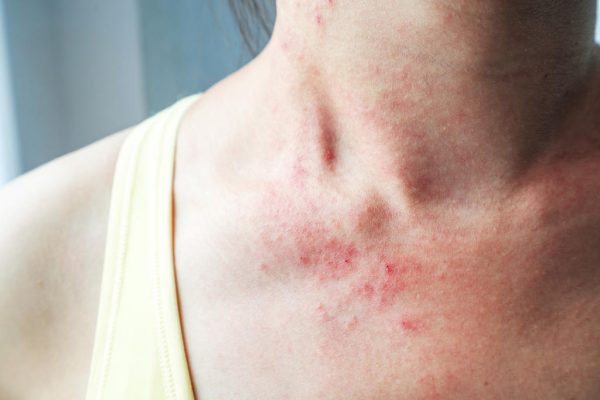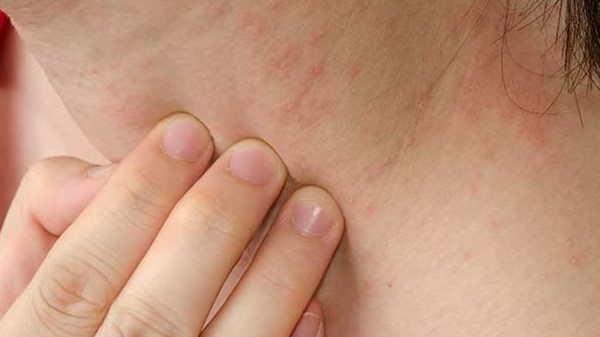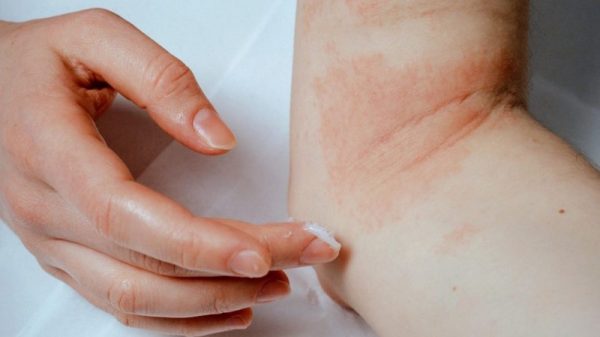
Question
I recently found rough skin on one of my arms after scratching. Is this eczema? What are the eczema causes and treatment options?
Answer
Is rough skin always eczema?
Not all rough skin is eczema. To understand eczema causes and treatment, it helps to know the common signs. Eczema usually shows up with redness, scaling, itchy patches, or small bumps. Sometimes, there may even be tiny fluid-filled blisters.
What are the main eczema causes?
Eczema happens because the skin is more sensitive than usual. Triggers often come from the environment, such as:
-
Dryness in the air
-
Heat and dust
-
Harsh soaps or detergents
There is also a genetic type, called endogenous eczema, which is the most common.


Eczema treatment and management
There is no permanent cure for endogenous eczema. However, many children improve with age—around half outgrow it. Adults who develop eczema often need lifelong management.
Eczema treatment includes:
-
Topical medicated creams like steroid creams
-
Daily moisturisers to restore the skin barrier
-
Avoiding known triggers such as dust and strong soaps
Other causes of eczema
Eczema may also result from allergic reactions to substances like nickel or rubber, although this type is less common. Recognising these eczema causes can help guide the right treatment.
Preventing and controlling eczema
Since eczema is almost always itchy, doctors may prescribe antihistamines or suggest physical measures to ease symptoms. Regular moisturising and identifying triggers are key parts of long-term eczema management.
When to see a doctor
If you suspect eczema, see a doctor or dermatologist. They will check your skin to confirm the diagnosis and suggest the best eczema treatment plan.
-
If the roughness is due to normal ageing skin, moisturisers and gentle cleansers may be enough.
-
If it is eczema, medicated creams and follow-up visits will be recommended.











